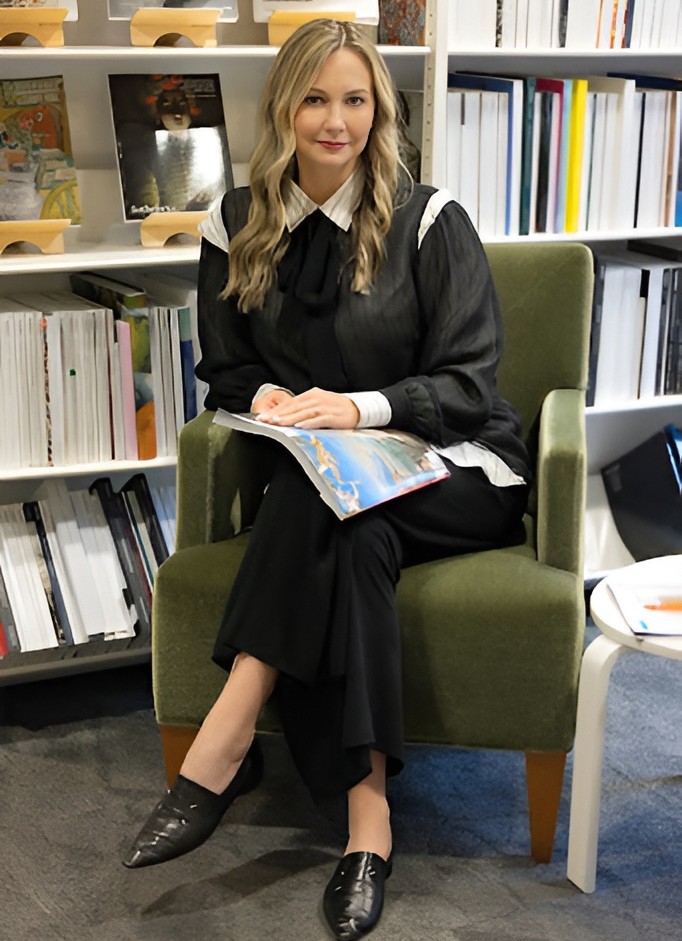Introduction
A great collection is more than a set of acquisitions; it is a legacy. For many collectors, art represents cultural significance, personal meaning, and financial value. But ensuring that legacy endures requires more than passion: it requires strategy.
This is where art advisory and legacy planning intersect. At Mercer Contemporary, we help collectors shape their legacy by aligning acquisitions, appraisals, philanthropy, and estate planning into one cohesive vision in partnership with tax and legal professionals.
“Many collectors spend their life building a magnificent collection, but there comes a time when they must think about how the core tenets might live on in perpetuity, either personally or within an institution” – Nicole Bray, Mercer Contemporary.
Why Legacy Planning Matters for Collectors
Without proper planning, even the most significant collections can become burdensome to heirs or fragmented in ways that diminish their impact. Legacy planning ensures:
- Generational Wealth: art assets are properly valued, managed, and transferred.
- Philanthropy: artworks are donated or placed with institutions to create a lasting cultural impact.
- Continuity: collections are streamlined, organized, and aligned with the collector’s vision.
- Clarity: heirs are not left with the responsibility of deciding what to keep, sell, or donate.
Related: Legacy Planning with Art: Preserving Collections for Generations
The Advisor’s Role in Shaping Legacy
An art advisor plays a unique role in legacy planning, bridging the personal, cultural, and financial aspects of collecting. Specifically, an advisor helps by:
- Defining the Vision: Determining which artworks reflect the collector’s story and long-term goals.
- Deaccessioning Strategically: Identifying works that do not fit the legacy strategy and guiding sales, donations, or transfers – so heirs are not left with that burden.
- Connecting with Institutions: Facilitating museum placements, donations, and loans to ensure a collection’s cultural significance is preserved.
- Building for Value: Advising on acquisitions that not only resonate personally but also strengthen financial and cultural value over time.
- Working with Trusted Advisors: Collaborating with attorneys, accountants, and family offices to ensure legacy plans are both compliant and strategic.
The Role of Appraisals in Legacy Planning
Appraisals provide the backbone for legacy planning:
- Fair Market Value: required for estate filings and IRS reporting.
- Donation Appraisals: IRS-compliant valuations for gifts to museums or nonprofits.
- Insurance Appraisals: protecting collections as they transition through generations.
At Mercer Contemporary, all fine art appraisals are USPAP-compliant and accredited by the Appraisers Association of America, ensuring credibility at every level.
Philanthropy and Cultural Impact
For many collectors, legacy extends beyond family to philanthropy. Art advisors help structure:
- Museum Donations: securing institutional placements that carry cultural significance.
- Loans and Exhibitions: sharing works with the public while retaining ownership.
- Foundations and Trusts: creating structures that keep collections intact and impactful.
Related: How to Get Your Art Appraised: A Step-by-Step Process
Case Study: Integrating Advisory and Legacy Planning
Consider a collector with a diverse collection spanning Post-War masters and emerging artists. Without guidance, heirs might face overwhelming decisions. An art advisor can:
- Conduct a comprehensive appraisal to establish the current market value.
- Identify core works for long-term family retention.
- Recommend select pieces for donation to museums, with IRS-compliant reporting.
- Guide the sale or deaccessioning of others to fund philanthropy or create liquidity.
- Partner with attorneys and accountants to ensure every step is structured for maximum financial and cultural benefit.
Why Mercer Contemporary
Mercer Contemporary offers a uniquely comprehensive approach by combining:
- Art Advisory: sourcing, evaluating, and managing acquisitions or deaccessions.
- Fine Art Appraisal: providing credible, certified valuations.
- Legacy Planning Expertise: guiding collectors through wealth transfer, philanthropy, and cultural stewardship.
- Global Network and Trusted Relationships: access to museums, galleries, auction houses, conservators, and legal experts.
- Discretion and Privacy: protecting collectors and families at every step.

Conclusion
The role of art advisory in legacy planning is clear: it brings expertise, strategy, and clarity to a process that is as emotional as it is financial. With the right advisor, collectors can ensure that their art continues to inspire, create impact, and build generational wealth for decades to come.
Mercer Contemporary provides art advisory, fine art appraisal, and legacy planning services for collectors across the U.S. and internationally. To learn more about how we can help you define and preserve your legacy, please contact us.
